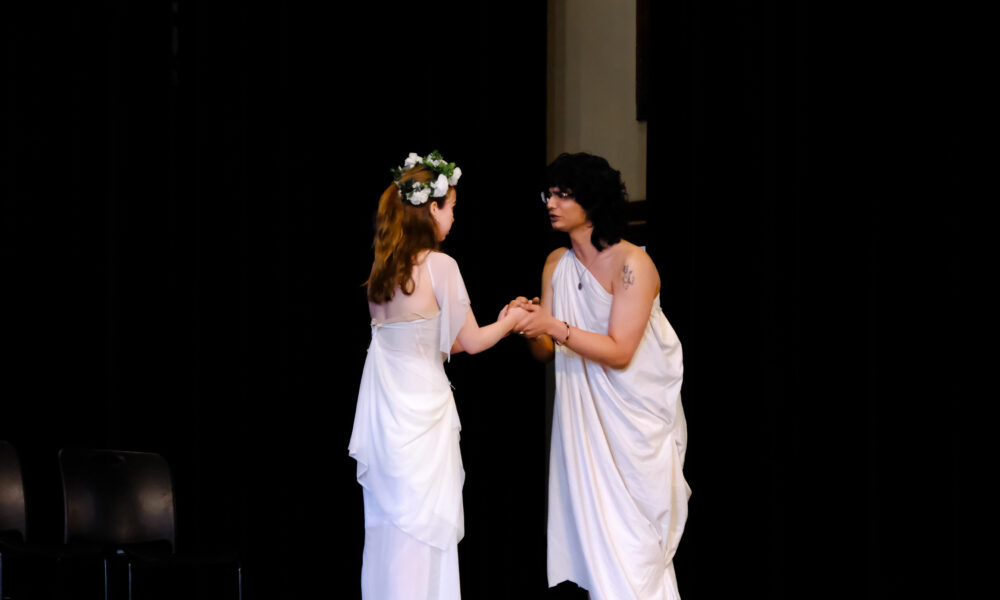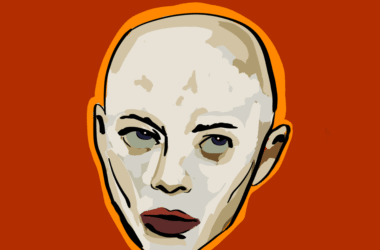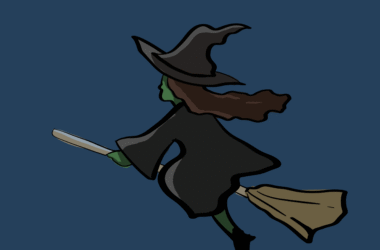The ancient Greek figure of Medea likely makes your skin crawl with discomfort—or maybe causes you to shiver with morbid curiosity. For how could a woman, scorned nevertheless, be pushed to the extreme of killing her own children?
Euripides’ play, Medea, features such a story, where the titular character’s heartbreak results in filicide, a starkly violent and unthinkable act. With these grim expectations, when the McGill Classics Department’s rendition of the same character’s story begins, I am surprised to be met with a tale focused more on the complexities of love than murder.
Throughout the play, Jason’s Argonauts share an easy camaraderie. They roughhouse, hug—and most importantly, sing sea shanties—all like an affectionate, albeit slightly rag-tag, family. Medea, an often villainized character, is provided space through which she demonstrates how much she cares for the important people in her life, such as her sister, Chalciope (Azmi Rizwan Aandi) and even her viciously strict father, Aeetes (Vincent Carrier).
These familial feelings are not just present amid the writing of the adaptation by Carys Foulds and Jericho O’Keeffe, but within the cast and crew as a whole.
“We tried to foster an environment where it felt a lot more collaborative,” O’Keeffe said in an interview with The Tribune.
From scene to scene, an atmosphere of synergistic energy is unmistakable. The actors on stage seem to be genuinely having a blast. Each moment of banter traded between crewmates reads utterly believable as the actual companionships of the cast members shine through.
As I watch the play, I can’t help but feel that I am watching one big, theatrically imbued hangout between friends.
Love stands at the forefront of the show, from Mopsus’s (Laura D’Angelo, Arts) prophetic relationship with their bird to the two stars’—Young Medea (Siobhan Wright) and Jason (Marissa Miller Sommer)—budding romance. I was stirred to wonder what led the directors to shift from the clash of swords to the quiet weight of longing and loss. Why they chose to let Medea’s story take precedence, while Jason’s remained in the background: Was it simply a change in perspective or a radical feminist retelling?
The directors/adapters of the play shed light on the prevalence of undervalued and even misrepresented women characters in ancient Greek literature. One such character is Penelope from Homer’s Odyssey, who governed Ithaca for 20 years while waiting for Odysseus to stop getting blown off course and return home. In developing their version of The Argonautica, it was essential to O’Keeffe and Foulds that they offered Medea the opportunity to tell her own story of how she ended up in such a brutal place.
The play is ultimately successful in attending to women’s often unnoticed but essential role in driving men forward in Greek epics. In Apollonius of Rhode’s depiction of Medea’s character, Hera divinely forces her to help Jason by making her fall in love with him.
This is not the Medea onstage at Mainline Theatre. Armed with autonomy, she herself decides to help the hero, and only because of a wish to aid Chalciope; it is a strong sisterly relationship that leads her to take action. The production also removed a majority of violence from the story, the most notable missing piece being Medea’s murder of her children. The show instead ends with the woman getting the final word before walking off, finally able to tell the tale herself.
From translating an Ancient Greek epic to turning up the lights on show night, this play is Carys Foulds and Jericho O’Keeffe’s child. And like Medea, they killed it!
The Argonautica played from Feb. 5-8 at Mainline Theatre.







